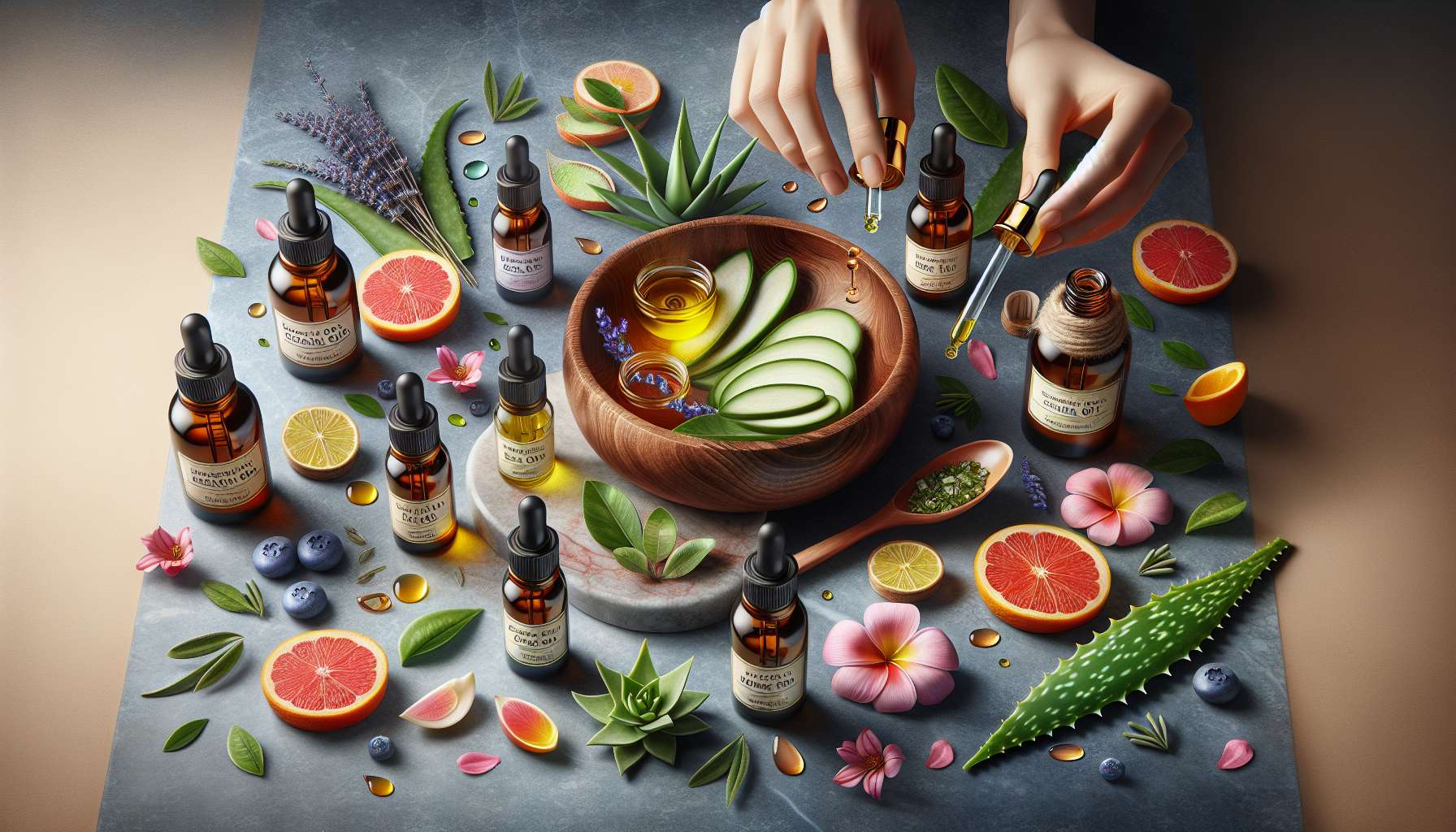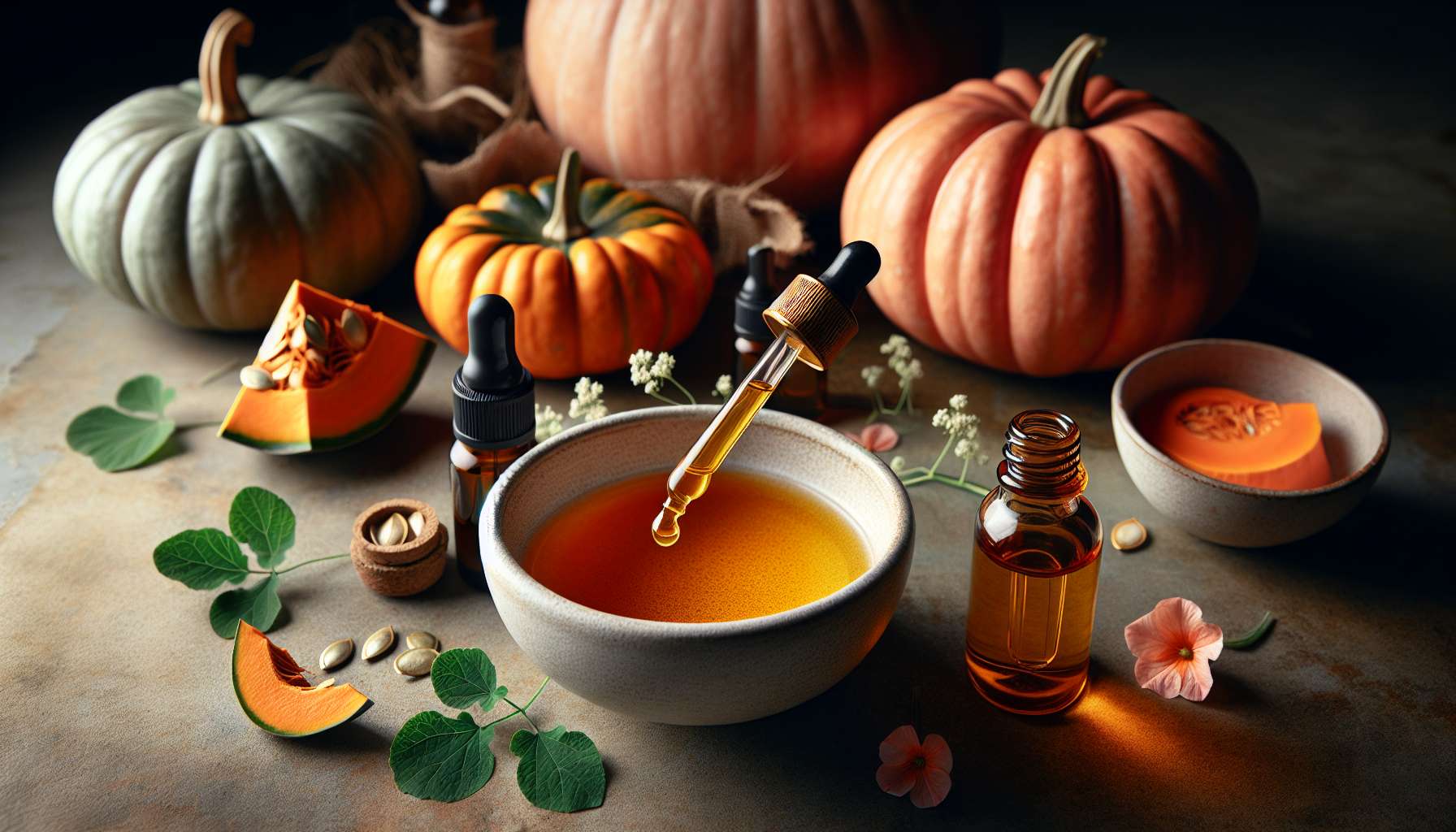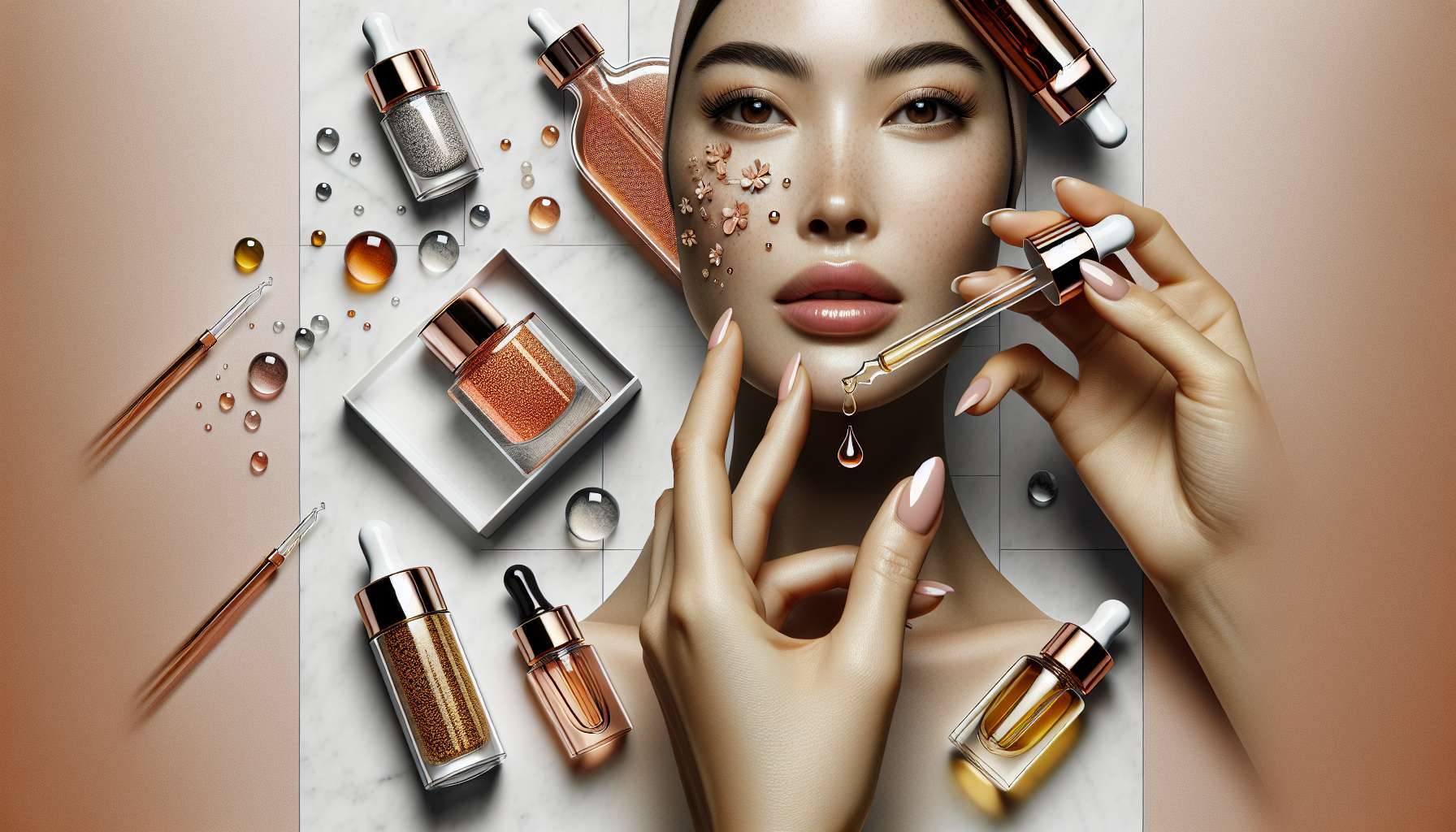Unlocking the Secrets of Essential Oils for Skin Care
When it comes to skincare, the beauty industry is constantly evolving and introducing new products promising to revolutionize the way we care for our skin. One such trend that has gained significant popularity in recent years is the use of essential oils for skin care. Essential oils have been used for centuries for their healing properties and aromatic benefits, but their potential in skincare is only beginning to be fully understood. In this comprehensive guide, we will delve into the world of essential oils, exploring their benefits, applications, and the science behind their effectiveness in skin care.
The History of Essential Oils
Essential oils have a long and rich history that dates back thousands of years. The ancient Egyptians, Greeks, and Romans all utilized essential oils for their medicinal and cosmetic properties. Essential oils were often used in religious ceremonies, for embalming, and for their therapeutic benefits. In more recent times, essential oils have regained popularity thanks to the resurgence of holistic and natural health practices. Today, essential oils are used in a wide range of products, from perfumes and skincare to household cleaners and aromatherapy.
The Science Behind Essential Oils
Essential oils are highly concentrated plant extracts that are extracted through distillation or cold pressing. These oils are made up of volatile compounds that give them their characteristic aroma and therapeutic properties. Each essential oil has a unique chemical composition that determines its specific benefits. For example, lavender essential oil is known for its calming and soothing properties, while tea tree oil is prized for its antibacterial and antifungal properties.
When applied to the skin, essential oils are absorbed into the bloodstream and can exert their effects on a cellular level. Some essential oils have anti-inflammatory, antimicrobial, or antioxidant properties that can help improve the overall health and appearance of the skin. Additionally, essential oils can penetrate deep into the skin, helping to nourish and hydrate from within.
Benefits of Essential Oils for Skin Care
There are numerous benefits to incorporating essential oils into your skincare routine. One of the key advantages of essential oils is their ability to address a wide range of skin concerns, from acne and eczema to signs of aging. Different essential oils have different properties that can target specific skin issues. For example, tea tree oil is excellent for acne-prone skin due to its antibacterial properties, while rosehip oil is prized for its ability to reduce the appearance of scars and wrinkles.
Additionally, essential oils are natural and free from synthetic chemicals and preservatives that can irritate the skin. Many commercial skincare products contain harsh ingredients that can strip the skin of its natural oils and disrupt the skin’s delicate balance. Essential oils offer a gentle and effective alternative that can nourish and heal the skin without causing irritation.
How to Incorporate Essential Oils into Your Skincare Routine
There are several ways to incorporate essential oils into your skincare routine. One of the most popular methods is to add a few drops of essential oil to a carrier oil, such as coconut oil or jojoba oil, and use it as a facial oil or moisturizer. This can help to hydrate the skin, reduce inflammation, and protect against environmental damage.
Another option is to add a few drops of essential oil to your favorite skincare products, such as cleansers, serums, or masks. This can enhance the effectiveness of the product and provide additional benefits for the skin. Just be sure to do a patch test before using any new essential oil to ensure that you do not have a sensitivity or allergic reaction.
Common Essential Oils for Skin Care
There are countless essential oils that can benefit the skin, but some of the most popular and widely used oils include:
- Lavender: Known for its calming and soothing properties, lavender essential oil is excellent for sensitive or irritated skin.
- Tea Tree: With its powerful antibacterial and antifungal properties, tea tree oil is a great choice for acne-prone skin.
- Frankincense: This oil is prized for its anti-aging benefits and ability to improve skin tone and texture.
- Rosehip: Rich in antioxidants and essential fatty acids, rosehip oil can help to reduce the appearance of scars and wrinkles.
- Chamomile: Chamomile essential oil is gentle and soothing, making it ideal for calming inflamed or sensitive skin.
Expert Opinions on Essential Oils for Skin Care
We reached out to skincare experts to get their insights on using essential oils for skin care. Dr. Sarah Smith, a dermatologist, shared, “Essential oils can be a great addition to your skincare routine, but it’s essential to use them safely and in the right concentrations. Some essential oils can be irritating or sensitizing to the skin, so it’s important to do a patch test and dilute them properly before use.”
Dr. James Johnson, a skincare specialist, added, “Essential oils have the potential to offer significant benefits for the skin, but it’s crucial to choose high-quality oils from reputable sources. Look for oils that are organic, pure, and free from additives or synthetic ingredients.”
Common Misconceptions About Essential Oils for Skin Care
There are several misconceptions surrounding the use of essential oils for skin care. One common misconception is that all essential oils are safe to use directly on the skin. While some essential oils are gentle and can be applied neat, others are highly concentrated and may cause irritation if used undiluted. It’s important to do your research and follow proper dilution guidelines when using essential oils topically.
Another misconception is that essential oils are a cure-all for skin issues. While essential oils can be beneficial for the skin, they are not a replacement for medical treatment or professional skincare advice. If you have a serious skin condition or are experiencing severe symptoms, it’s best to consult with a dermatologist or skincare professional before using essential oils.
FAQs About Essential Oils for Skin Care
Q: Can essential oils be used on all skin types?
A: While most essential oils are safe for use on all skin types, some oils may be too strong for sensitive or reactive skin. It’s essential to do a patch test before using any new essential oil to ensure that it does not cause irritation or allergic reactions.
Q: Are essential oils safe to use during pregnancy?
A: Some essential oils are considered safe for use during pregnancy, while others should be avoided. It’s always best to consult with a healthcare provider before using essential oils during pregnancy to ensure the safety of both the mother and the baby.
To Wrap Things Up
Essential oils have a long history of use in skincare and offer numerous benefits for the skin. From their anti-inflammatory and antioxidant properties to their ability to nourish and hydrate the skin, essential oils can be a valuable addition to your skincare routine. However, it’s essential to use essential oils safely and responsibly, following proper dilution guidelines and consulting with skincare experts if needed. By incorporating essential oils into your skincare routine, you can enjoy healthier, more radiant skin naturally.

Overall, essential oils for skin care offer a holistic and natural approach to achieving healthy, glowing skin. By harnessing the power of plant-based extracts, you can address a wide range of skin concerns and improve the overall health and appearance of your skin. Whether you are looking to combat acne, reduce signs of aging, or simply pamper yourself with a luxurious skincare experience, essential oils can be a valuable ally in your beauty arsenal.
References:
- https://www.ncbi.nlm.nih.gov/pmc/articles/PMC6220004/
- https://www.healthline.com/health/essential-oils-for-skin
- https://www.aad.org/public/everyday-care/skin-care-basics/skin-care-ingredients/essential-oils




